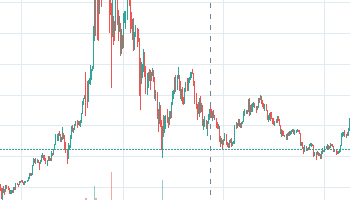Having poor credit or no credit history at all can potentially make borrowing money difficult, but it is not necessarily a roadblock in every case. There are more options for those with poor credit now than in the past, and many ways to improve your credit score for future credit applications. Whether you need cash for an emergency, home renovations, debt consolidation, or something else entirely, you may be able to find a solution that works for you, even with poor credit. Here is some info that you need to know.
What Is A Credit Check?
A credit check or credit search is when a company looks at your credit file to understand your financial behaviour. This can only be done for a legitimate reason, such as if you apply for a loan with them. A credit check can be performed by banks, building societies, credit providers, utilities suppliers, mobile phone companies, and letting agencies. Each will look at your credit history to view your score and if you are able to manage repayments.
Why Is Having A Credit History Beneficial?
If you apply for a loan, a lender will usually use your credit history to assess how much of a financial risk it is to lend you money. This may be based on factors such the types of credit you have taken out in the past, how much you have borrowed, and whether you have made repayments on time. Generally speaking, the better your credit file, the less of a risk you are to a lender, so having a good credit history is very beneficial.
However, it is not the end of the world if you have poor credit. There are many no credit check loans on the market, which are based on affordability rather than your whole credit score. Responsible lenders should still perform a credit check, but they will mainly base their decisions on your monthly income, essential outgoings, and other financial commitments.
Can I Improve My Credit Score?
Yes, there are several ways that you can improve your credit score for future credit applications, including:
- Paying your bills (utility and phone) on time
- Reducing the amount of times you move to a new house or change jobs
- Ensuring that your address is up to date on all bills
- Leaving time between each credit application
- Proving your ability to manage debt with measured credit card use
- Lower the limit on any credit you currently have
- You should also check your credit file regularly to maintain your score. You are able to view your credit file for free every 12 months by law, or 90 days after your credit application.
Will It Take Time To Build My Credit Rating?
Yes, building your credit score is a slow burn. If you want to take a loan or any form of credit, you should ask yourself whether you could afford to wait a few years. This could improve the likelihood of being approved and give you chance to boost your savings.
It is worth remembering that in most cases, you will need a credit check to borrow money, but there are options available if you have poor or no credit. If you need any more information or advice, please contact the relevant financial support.


 Updated every 10 minutes
Updated every 10 minutes


